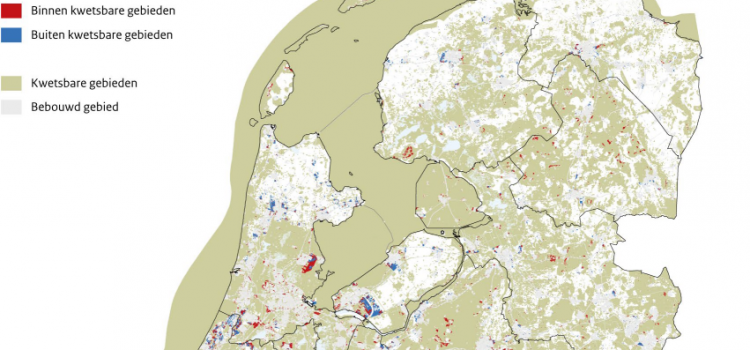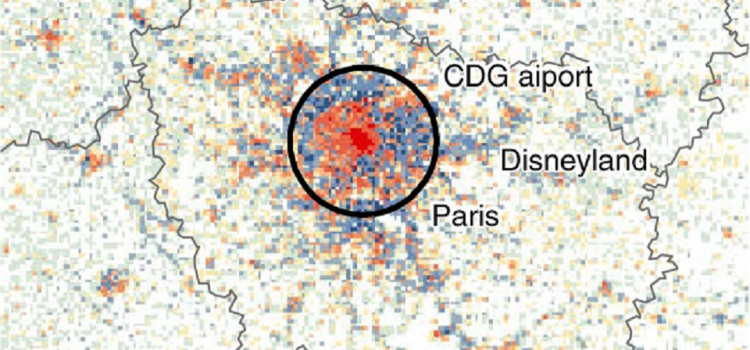ENHANCE project partner UCL-CASA organised the 19th International Conference on Computational Urban Planning & Urban Management (CUPUM-2025). A great opportunity to also organise the ENHANCE mid-term meeting in London. So, plenty of interesting presentations and opportunities to interact with our
Vulnerable areas prone to urban development

Around 40% of future urban development in the Netherlands is likely to take place within vulnerable areas. The development of new houses, industrial estates and holiday homes until 2050 may affect large areas with natural, landscape or cultural values. The
Understanding the barriers for 15-minute cities

The new ENHANCE project aims to improve urban travel sustainability and equity by understanding current barriers for the application of 15-minute city (15mC) principles in outer metropolitan areas and small cities. Based on this understanding the project will propose strategies
Europe’s population density patterns mapped in Nature Communications

Filipe Batista e Silva is a PhD candidate at SPINlab working for the European Union’s Joint Research Centre. Over the past years he worked on uncovering temporal changes in Europe’s population density patterns using a data fusion approach. He combines
Theory and Application of Dynamic Spatial Time Series Models
Today Bo Andrée defended his PhD dissertation in an online session that had a live stream on YouTube. The somewhat impersonal, digital setting did not inhibit a lively discussion. Bo’s thesis sets out to develop theory and methods to analyze
Space for Employment
SPINlab started a new research project on focussed on the transformation and expansion of formal business estates (bedrijventerreinen) with several societal partners. The new ‘ruimte voor werken’ (space for employment) project has been granted by NWO as part of the
Spinlab research featured in the Bhutanese Cultural Atlas
During 2017 and 2018, the World Bank with the support from Spinlab researchers Eric Koomen and Eduardo Dias carried out the project entitled: “A National GIS-Based Cultural Landscape Database for Large Infrastructure Planning and Development in Bhutan”. This project is part of the World Bank
Famine Action Mechanism
PhD candidate Bo Andrée is working on an ambitious high profile project at the World Bank: the Famine Action Mechanism (FAM). This project seeks to monitor and detect early signs of famine risk and link forecasts to prearranged and agreed
